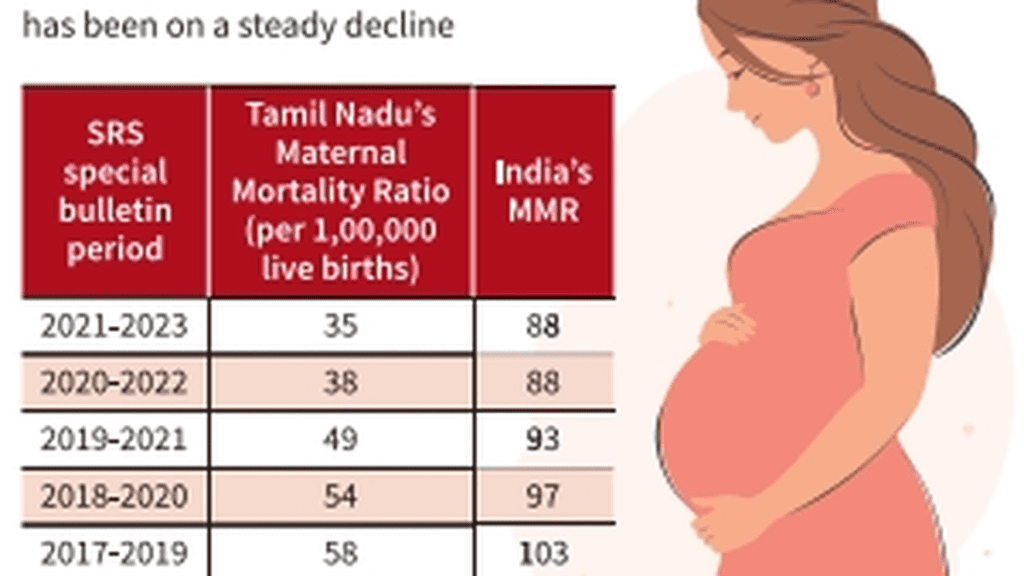Rise in Japanese encephalitis cases prompts T.N. to expand vaccination coverage

Rise in Japanese encephalitis cases prompts T.N. to expand vaccination coverage
The Directorate of Public Health’s decision to increase vaccination coverage for Japanese encephalitis (JE) to five more districts, apart from the existing ones, follows close on the heels of the findings of a study done by Christian Medical College, Vellore.
The study found that between 2022 and 2024 more JE cases were recorded in Tamil Nadu, with Chennai recording the highest number of cases.
The study is a retrospective trend analysis using data uploaded to the IDSP – IHIP portal (Integrated Disease Surveillance Programme – Integrated Health Information Platform) of Tamil Nadu, from January 2022 to December 2024.
The analysis found that 306 cases were recorded and 24.2% of the cases were in the age group of 10 to 19 years. The highest number (120 cases) reported was in 2022. In 2023, 112 cases were identified and in 2024, 74 cases were reported.
Chennai accounted for the highest proportion at 40.5%, followed by Tiruvallur (8.2%), Tiruvarur (6.2%), Tiruvannamalai (5.6%), Chengalpattu (4.9%), Thanjavur (4.6%), Villupuram (3.6%), and Madurai (2.6%). The remaining districts accounted for less than 2%.
The Health Department has identified 14 districts — Tiruvallur, Tiruvannamalai, Villupuram, Cuddalore, Kallakurichi, Perambalur, Karur, Thanjavur, Ariyalur, Tiruvarur, Pudukkottai, Madurai, Virudhanagar and Tiruchi — as endemic. There has been a noticeable increase in cases (more than five cases) in districts outside of endemic areas such as Chennai, Kanchipuram, Chengalpattu and Tenkasi, the study found.
The authors, Regina Elizebeth Joy et al., cited the World Health Organisation’s remarks that in endemic areas adults had likely developed natural immunity due to childhood infection, but children under 15 did not have the chance to develop immunity yet.
The data also showed gender disparity in JE cases, with higher incidence in males (62.04%) as compared to females (37.06%). More JE cases were reported during the post-monsoon and winter months, being attributed to increased breeding of Culex species, which transmit the JE vectors.
The increasing number of cases in previously non-endemic regions are attributed to environmental and ecological factors, the authors concluded. Key factors included the presence of paddy fields, bird sanctuaries, field wells, pig populations, and ardeid bird habitats.
Though most patients recovered some develop serious neurological sequelae. The neurological complications could lead to long-term disabilities. Many survivors experience cognitive, motor, or speech impairments.
Director of Public Health T.S. Selvavinayagam, who is also a co-author of the study ‘Epidemiological profile of Japanese Encephalitis in Tamil Nadu, 2022-2024: a secondary data analysis of IDSP-IHIP programme data’, published in the recent volume of the Tamil Nadu Journal of Public Health and Medical Research, said the findings led the government to announce expansion of JE vaccination to five districts. “It’s a part of the announcement made in the Assembly,” he said.
“We are getting cases only because of screening, we will only ask everyone to report regularly,” he added.
On May 15, the Health Minister had launched the universal Immunisation programme in Chennai. It included 11 vaccines, including for JE.










